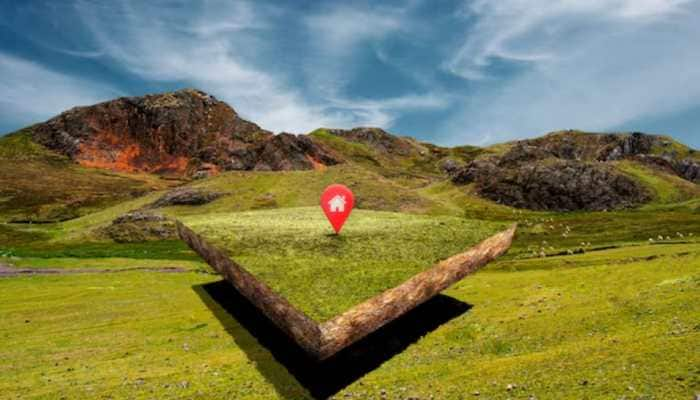Forget Hollywood, aliens may be more human-like than you think: Study
The theory supports the argument that foreign life forms undergo natural selection, and are like us, evolving to be fitter and stronger over time.
Trending Photos
) (Representational image)
(Representational image) New Delhi: While the world is yet to see what an alien really looks like, an Oxford study suggests that our extra- terrestrial neighbours may be more like us than we think.
Hollywood films and science fiction literature have projected aliens as other-worldly, monster- like beings and that is what we have conformed ourselves to think.
However, for the first time, the study published in the International Journal of Astrobiology shows how evolutionary theory can be used to support alien predictions and better understand their behaviour.
The same processes and mechanisms through which humans were shaped – like natural selection – is potentially what shaped aliens as well, scientists said.
The theory supports the argument that foreign life forms undergo natural selection, and are like us, evolving to be fitter and stronger over time.
"A fundamental task for astrobiologists (those who study life in the cosmos) is thinking about what extra-terrestrial life might be like," said Sam Levin, a researcher in Oxfords Department of Zoology.
"But making predictions about aliens is hard. We only have one example of life – life on Earth to extrapolate from.
"Past approaches in the field of astrobiology have been largely mechanistic, taking what we see on Earth, and what we know about chemistry, geology, and physics to make predictions about aliens," said Levin.
In the new study, researchers offer an alternative approach, which is to use evolutionary theory to make predictions that are independent of Earths details.
"This is a useful approach, because theoretical predictions will apply to aliens that are silicon based, do not have DNA, and breathe nitrogen, for example," Levin said.
Using this idea of alien natural selection as a framework, the team addressed extra-terrestrial evolution, and how complexity will arise in space.
Species complexity has increased on the Earth as a result of a handful of events, known as major transitions.
These transitions occur when a group of separate organisms evolve into a higher-level organism - when cells become multi-cellular organisms, for example.
Both theory and empirical data suggest that extreme conditions are required for major transitions to occur.
The study also makes specific predictions about the biological make-up of complex aliens, and offers a degree of insight as to what they might look like.
"We still cannot say whether aliens will walk on two legs or have big green eyes.
But we believe evolutionary theory offers a unique additional tool for trying to understand what aliens will be like, and we have shown some examples of the kinds of strong predictions we can make with it," Levin said.
(With PTI inputs)
Stay informed on all the latest news, real-time breaking news updates, and follow all the important headlines in india news and world News on Zee News.
Live Tv







)
)
)
)
)
)
)
)
)
)
